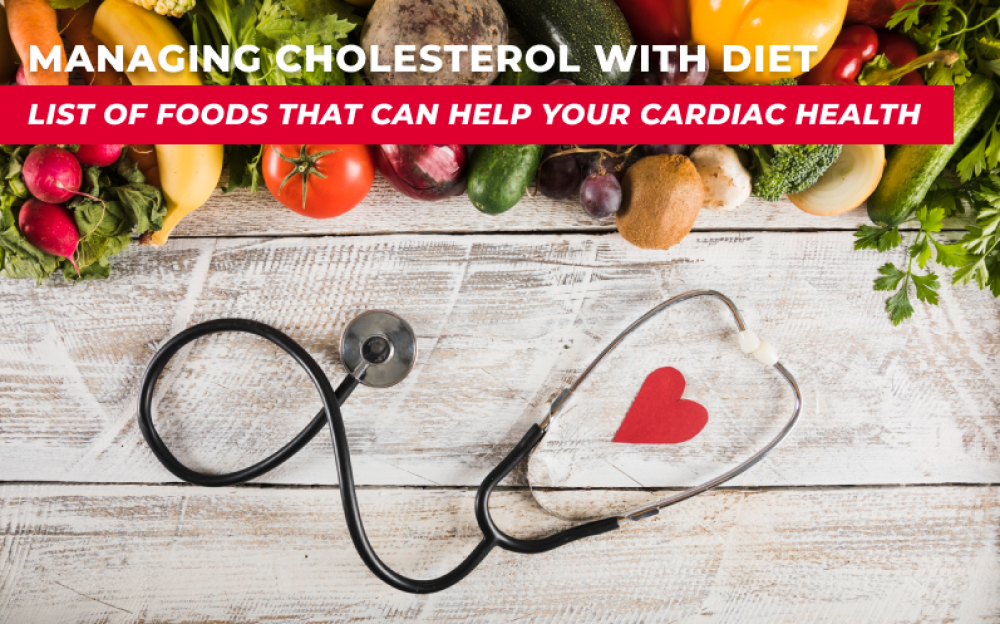

Cholesterol is a type of fat that is produced by the liver and found in foods of animal origin. High levels of low-density lipoprotein (LDL) cholesterol can increase the risk of heart disease and stroke. Managing cholesterol levels through diet is an effective way to reduce this risk.
1. Oats and barley:
Oats and barley are high in soluble fiber, which can help lower cholesterol levels.
2. Nuts:
Nuts, especially almonds and walnuts, contain polyunsaturated and monounsaturated fats, which can help lower cholesterol levels.
3. Fatty fish:
Fatty fish such as salmon, mackerel, and sardines are high in omega-3 fatty acids, which can help reduce inflammation and lower cholesterol levels.
4. Avocados:
Avocados are high in monounsaturated fats, which can help lower cholesterol levels.
5. Plant sterols and stanols:
Plant sterols and stanols are compounds found in foods like margarine and orange juice that can help lower cholesterol levels.
6. Psyllium husk:
Psyllium husk is a type of soluble fiber found in supplements and foods like Metamucil that can help lower cholesterol levels.
7. Olive oil:
Olive oil is high in monounsaturated fats, which can help lower cholesterol levels.
8. Lentils and beans:
Lentils and beans are high in fiber, protein, and plant sterols, which can help lower cholesterol levels.
9. Apples, grapes, and strawberries:
These fruits contain pectin, a type of soluble fiber that can help lower cholesterol levels.
10. Dark chocolate:
Dark chocolate contains flavonoids, which can help reduce inflammation and lower cholesterol levels.
It is important to note that while these foods can help lower cholesterol levels, they should be consumed in moderation as part of a balanced and nutritious diet. A diet that is high in fruits, vegetables, whole grains, and lean protein sources can help lower cholesterol levels and reduce the risk of heart disease. Additionally, speaking with a doctor or a registered dietitian can help provide personalized advice on how to manage cholesterol levels through diet and lifestyle changes.